A (violent) Saturday in the Bronx
I took these photographs as I thought about police brutality, specifically the daily, underreported ways police abuse us in the very spaces we pay to live in.
Earlier today, NYPD officers violently restrained a man outside my apartment building.
My partner, Siddika, and I heard yells and rushed to one of our fourth-floor bedroom windows. The window directly overlooks the street perpendicular to our building, and the three of us looked down and saw four NYPD officers twist a man’s body to the ground. They held him down and pulled his arms behind his body and held his legs down. He desperately screamed that they hurt him. They did.
By the time we got outside, an ambulance and a second police car arrived. There were at least ten other people outside, including the victim’s neighbors. The man is desperate and angry. They strapped him onto a gurney. He continued to scream that they were hurting him. They were. He is strapped in against his will and pulled into an FDNY ambulance, surrounded by undemonstrative and violent cops. He was angry and afraid, threatening to physically respond to the violence against his body. He threatened to spit and bite and fight until members of the community urged him not to. The cops handcuffed his left arm to the gurney.
“We recorded the cops, bro. We got you,” they told him.
The ambulance drove away.
“We can never ignore a Black or Brown person being violently arrested or restrained by the police,” Siddika stated when we return to my apartment.
We spent the rest of the morning discussing what we witnessed.
We shared the distress we each felt. Siddika shared that they have unfortunately witnessed worse brutality by police.
We analyzed the community’s response. Outside, we connected with a community organizer engaged in de-escalation work. He told us the victim was having a dispute with his father. The building in which they live has no super, just a porter, and tenants have complained about issues with the water and heat. He told us the victim’s anger—and the anger of his family, the anger of his neighbors—is fueled by the living conditions of their building, our neighborhood.
I spoke with other Dominicans who were present. We also heard the resentment of another young man in the community: “Where was everyone when I had ten cops on me? When I was getting dragged by them niggas?”
I shared with Siddika and my partner that my first instinct is fear in these moments. Siddika reminds me that fear is natural but it cannot be debilitating. If someone in our community is being harmed, we cannot fear defending them. We have rights when we witness police behavior in public spaces.
There are crises that are killing our communities. Our local and state officials do not care about our bodies and lives. It is terrifying to recognize this. It is terrifying to live with this realization. Yet we have to collectively talk with each other, understand our communal and individual needs, and create survival systems to keep ourselves safe and healthy while also recognizing that our oppressors are heavily armed and resourced by the state, by corporate America.
All day I keep returning to LASTESIS’s Set Fear on Fire: The Feminist Call That Set The Americas Ablaze: “We are mad. Mad against age-old oppression. Mad against historical impunity. Mad and fearful of being assaulted, murdered, forgotten.”
Building outside of empire is terrifying, yet living inside of it is maddening and violent and exploitative.
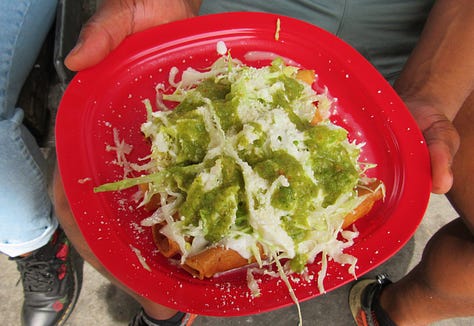
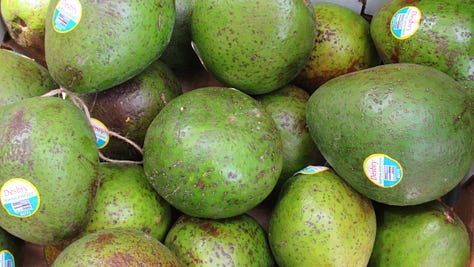
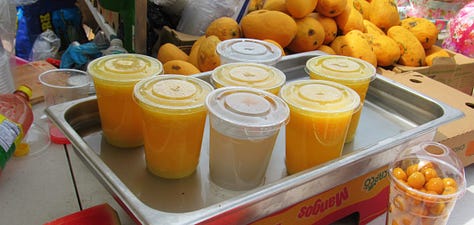
Later in the day, around 1 pm, we walked to Fordham Plaza.
I took pictures of various vendors, bought tacos and quipes and bracelets, and talked with a Dominican woman who sells food there for ten hours Monday through Saturday.
Siddika and my partner shopped for clothes at a store while I sat on one of the plaza’s benches.
I listened to the women proselytizing that afternoon. I love listening to Black and Brown women talk scripture and theology and Jesus. A woman spoke first in English, then another spoke in Spanish. They mentioned the need to critically analyze what our politicians and media feed us. We are distracted, they added, and we needed to be less concerned with money and drugs and clothes and more concerned with being good.
The Bronx is filled with people wondering what it means to do good, privately and publically.
I am always thinking about what it means to do good. I believe good is working toward a world where Black, indigenous, people of color, and all marginalized groups, all workers are liberated, free to exist and build outside of oppressive systems, outside of state violence, outside of white supremacist, settler colonialist violence. I am still learning what this work requires of me, what it requires of my friends and comrades and the community.
I took these photographs today as I thought about police brutality, specifically the daily, underreported ways police abuse us in the very spaces we pay to live in. The spaces we have the right to exist and fight and love on.
I walked around Fordham and snapped photographs. I walked and processed and laughed with my partner and Siddika. I talked to the people who live and sell around me. I listened to the ways we exist alongside and despite state and police violence.
Our community is rooted in so much hope and love and solidarity. The Bronx is a formidable, spiritual place.
Even when we are afraid, we exist and fight and resist.
From Set Fear on Fire:
But we are not tired of screaming. Not until that rage turns into revolution. It infuriaties them to see that we are fed up with waiting for change to come from their policies and that we are organizing ourselves independently and autonomously. It infuriates them to see that we put our trust in feminist organizations and collectives instead of their patriarchal and colonial institutions. It infuriates them to see us go to each other when we are victims of violence, or to have abortions together—illegal, clandestine. It infuriates them to see us disdain their state politics, because the cops don’t keep us safe, we do.





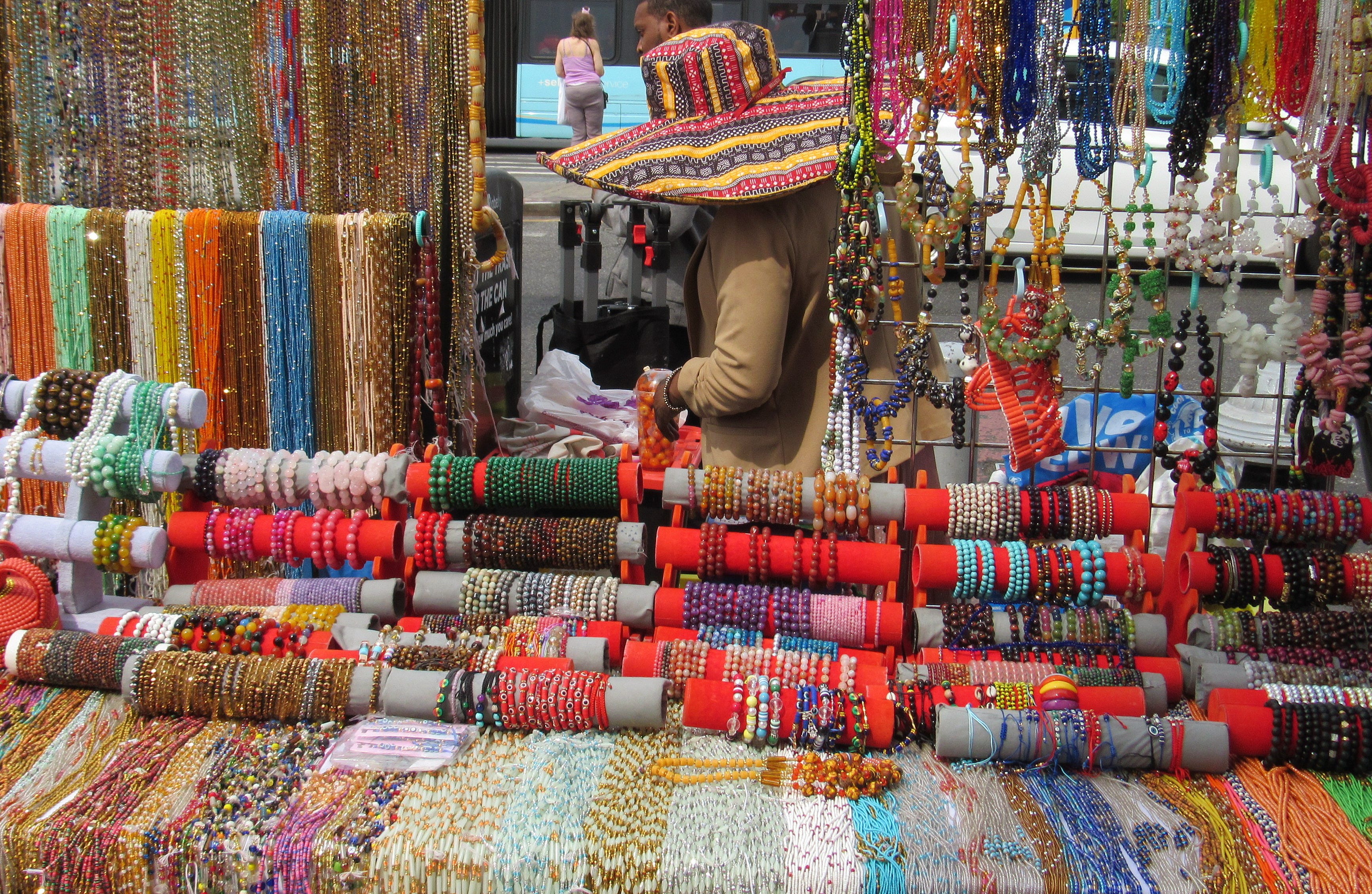
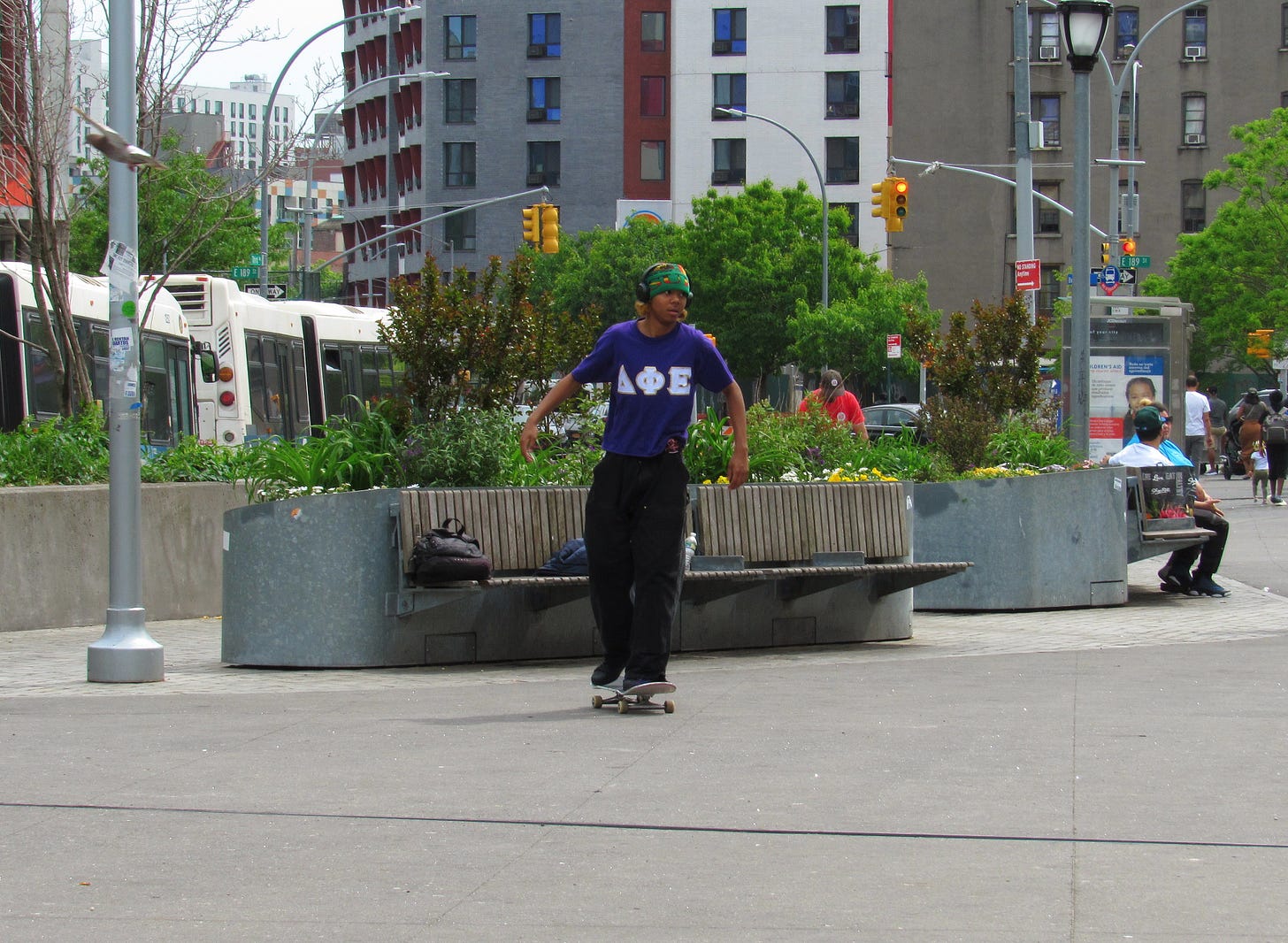
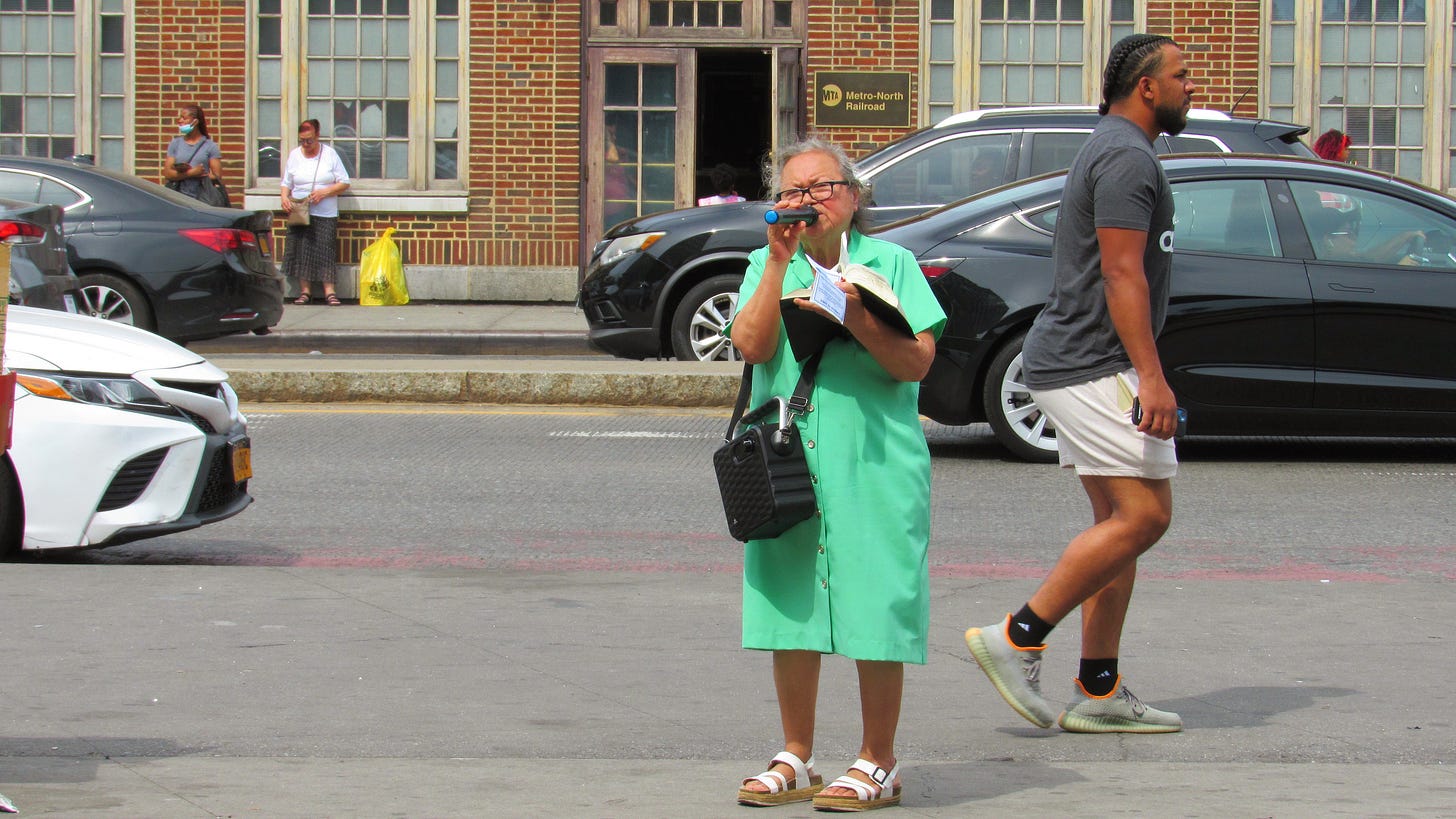
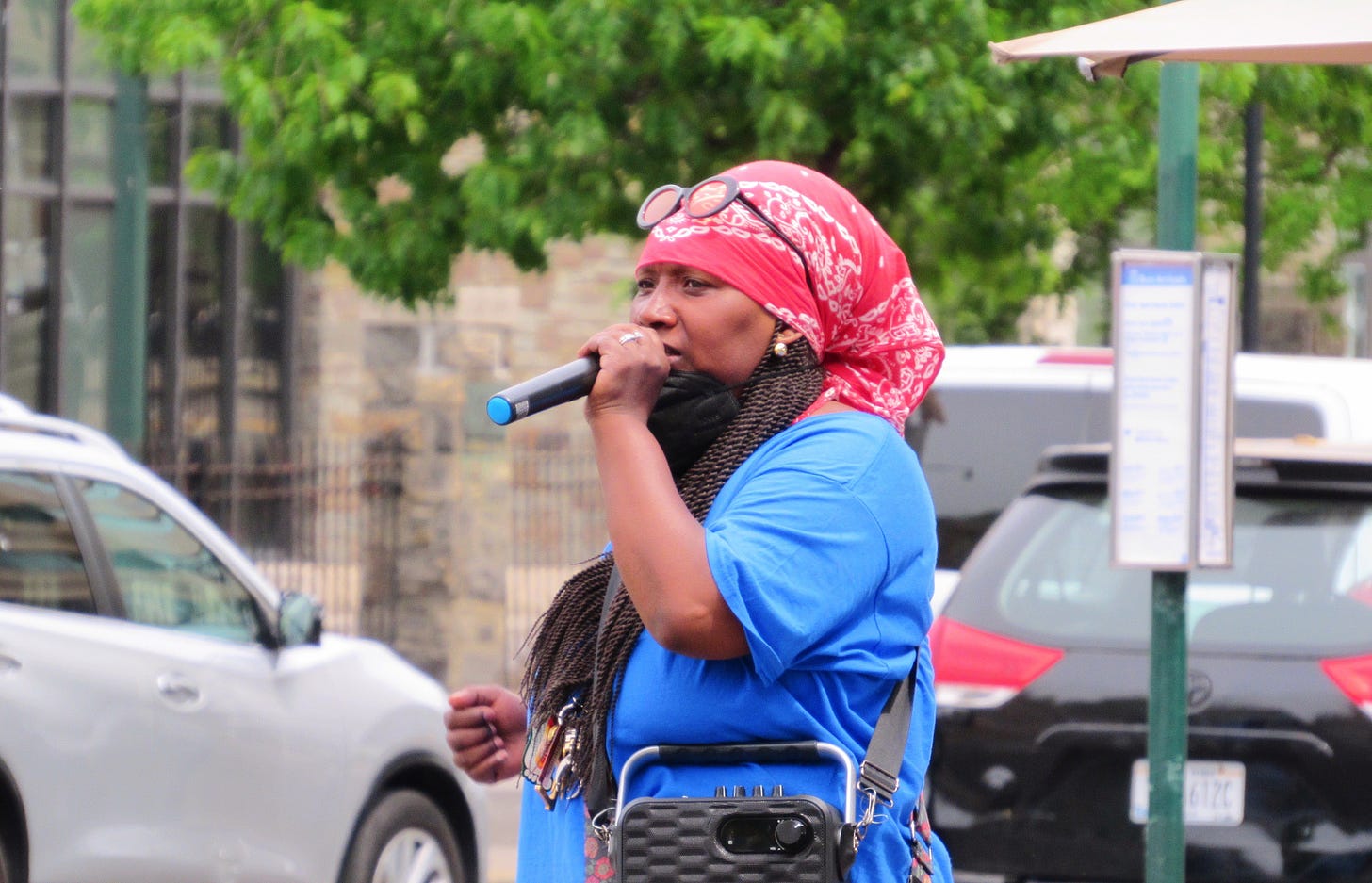
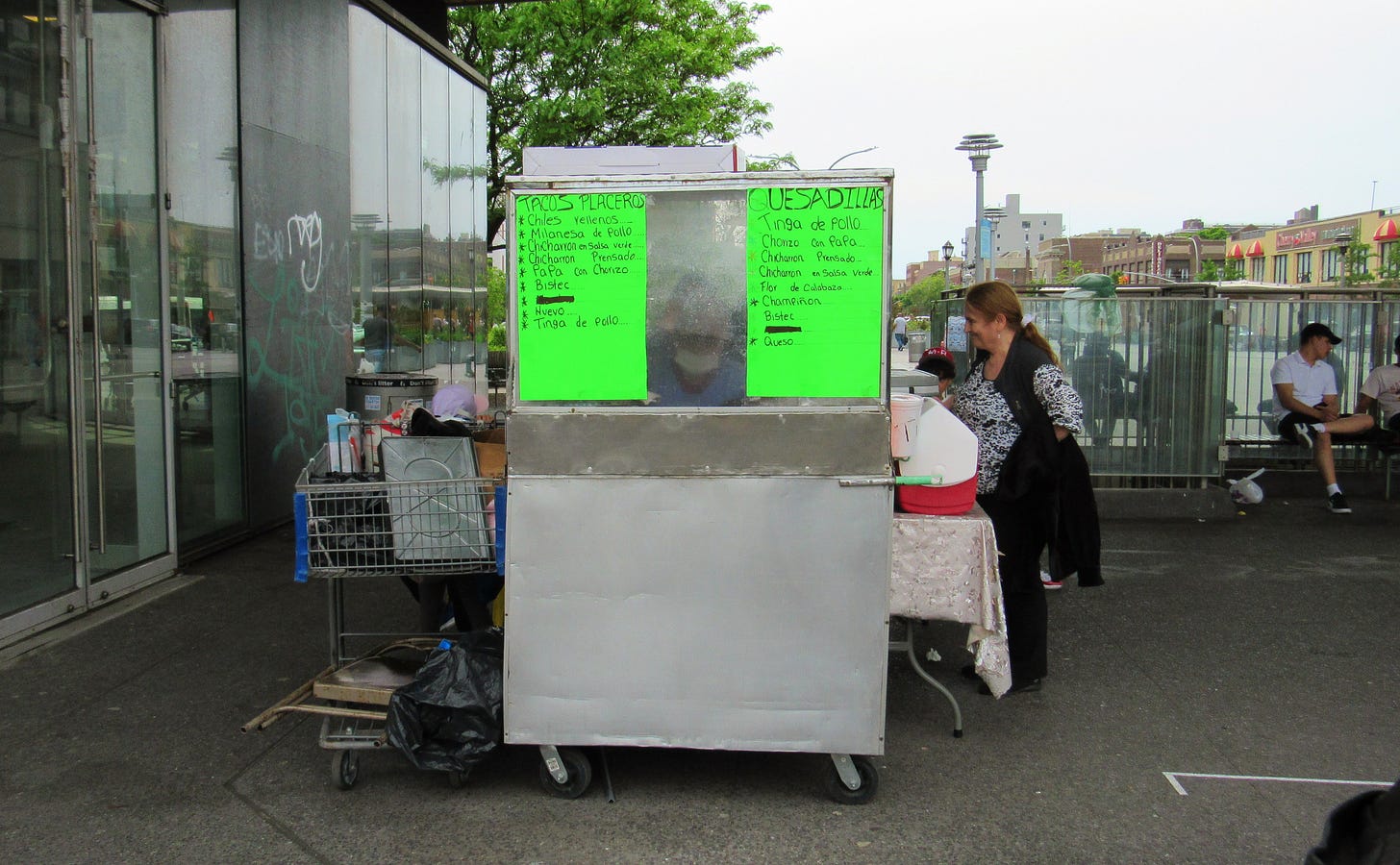
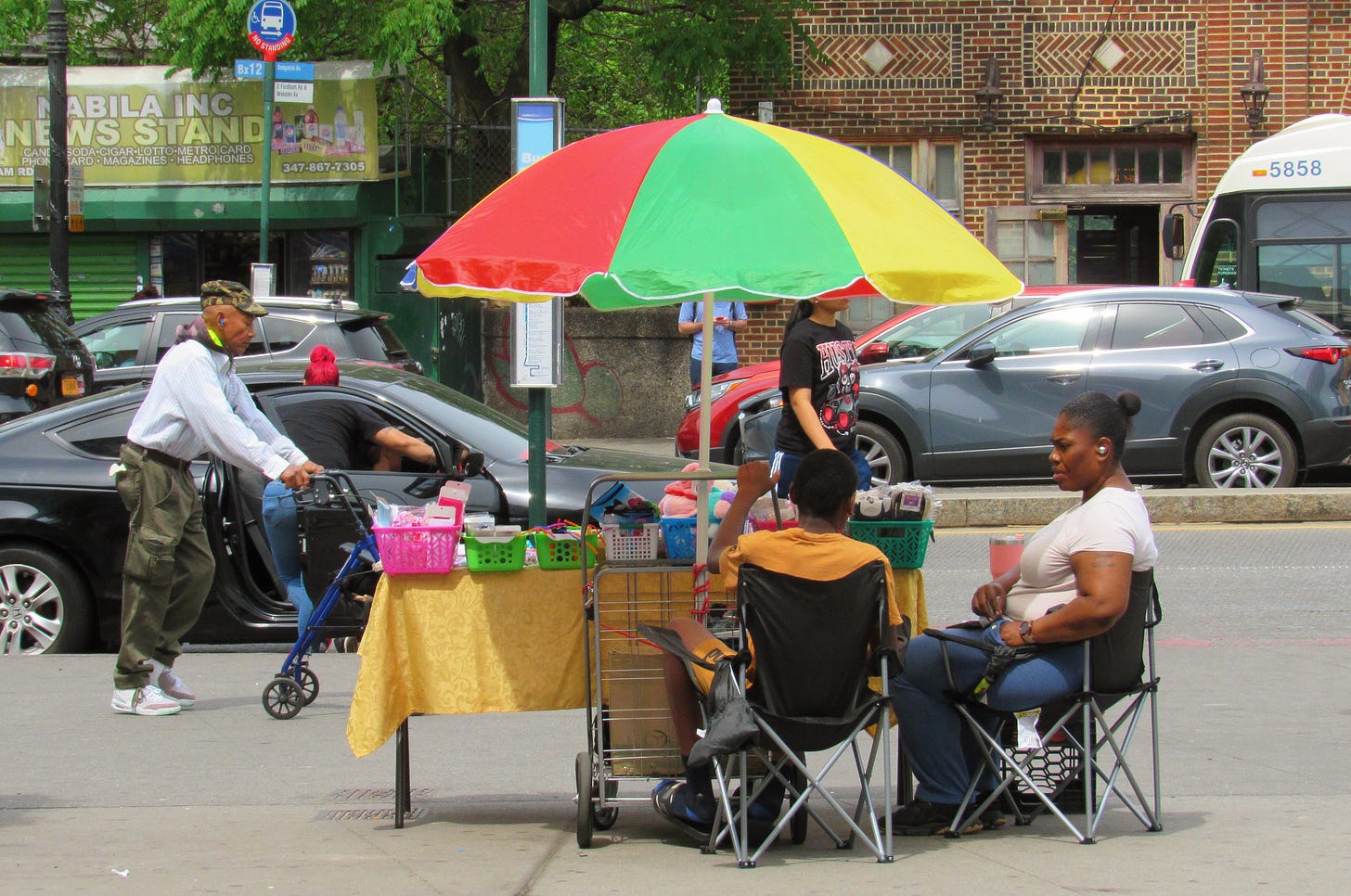
thank you for what you and your partner said about fear. i’d be terrified to be near the police during a de-escalation or any scenario where someone is being arrested in fear of retaliation but it’s truly important to look out for one another